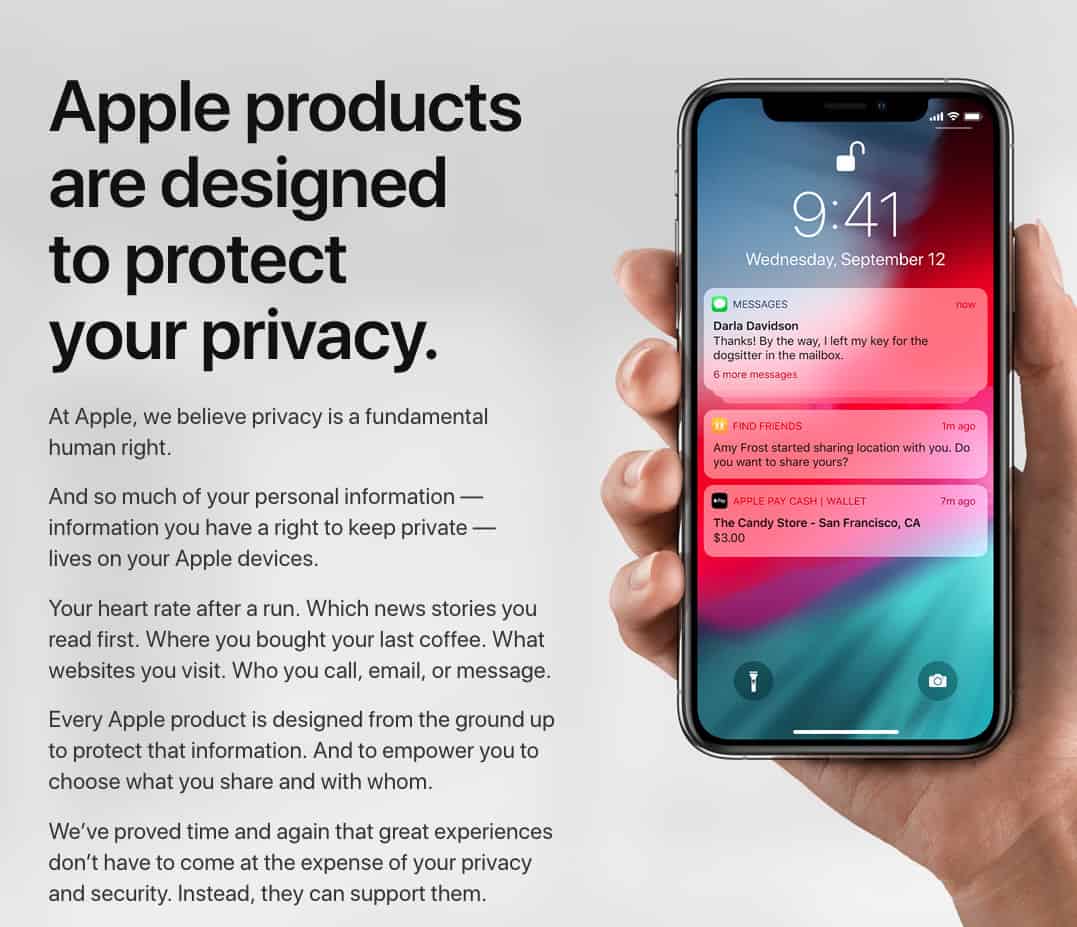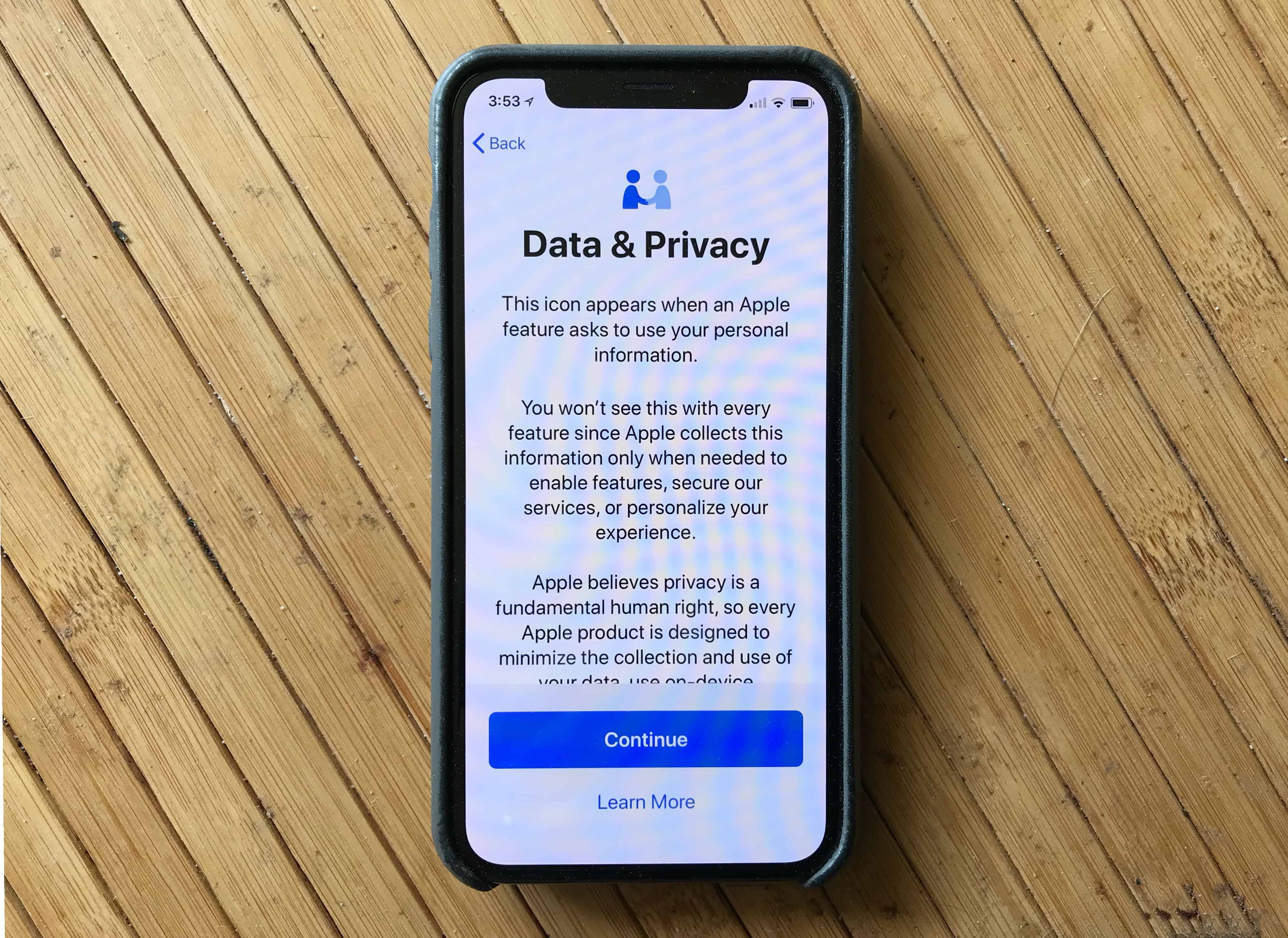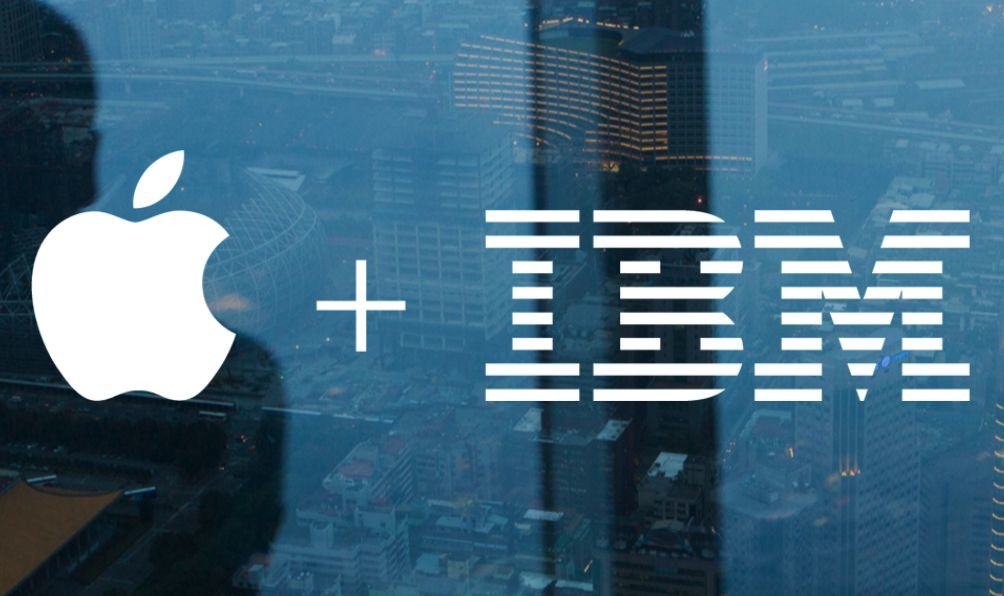Australia recently passed a law forcing tech companies to give law enforcement greater access to encrypted messages from users. The U.K. already has a similar law, and India is considering one.
There’s no new legislation in the U.S., but the FBI and other police agencies still want easy access to iPhones and other computers, as well as private conversations.
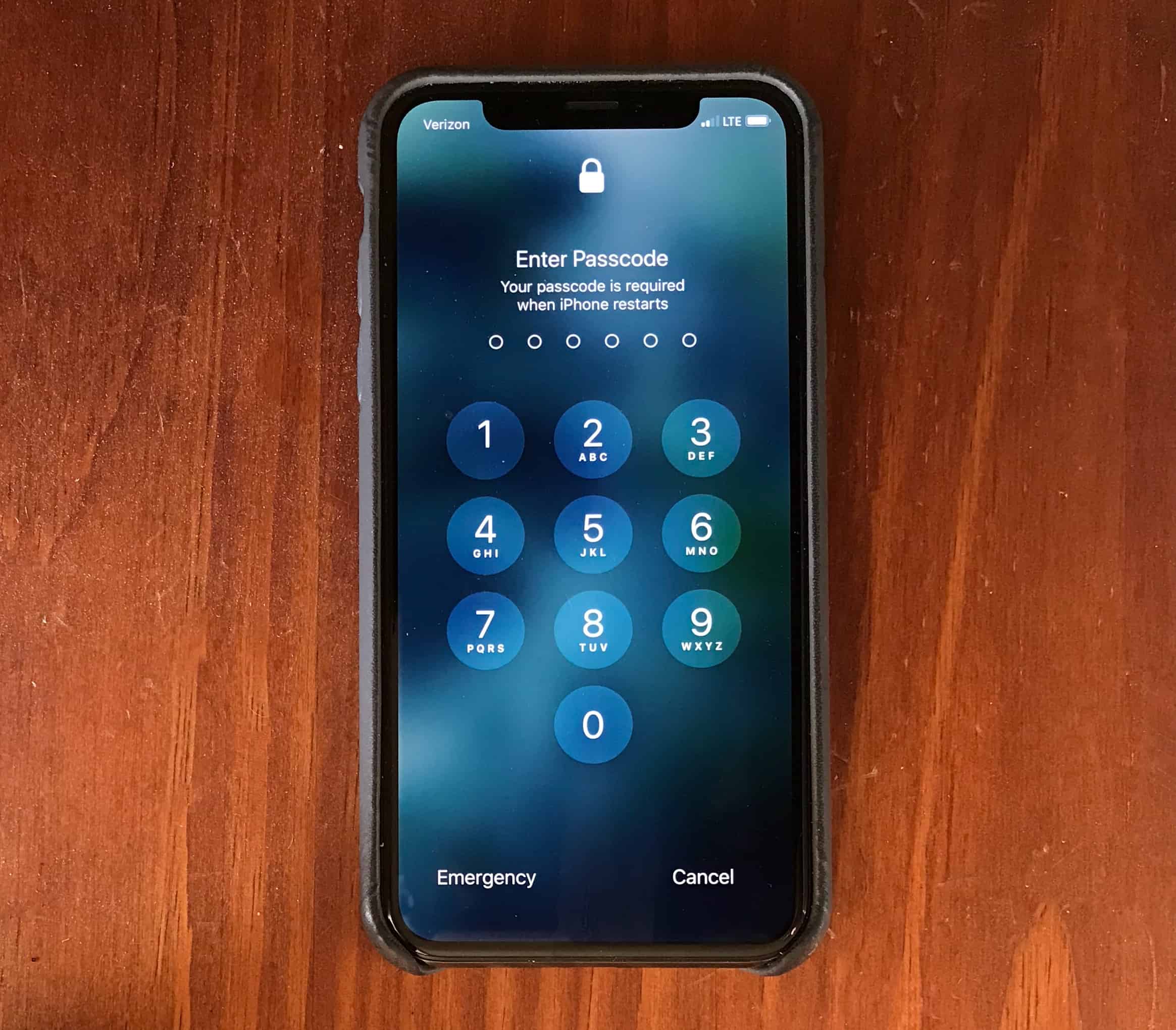


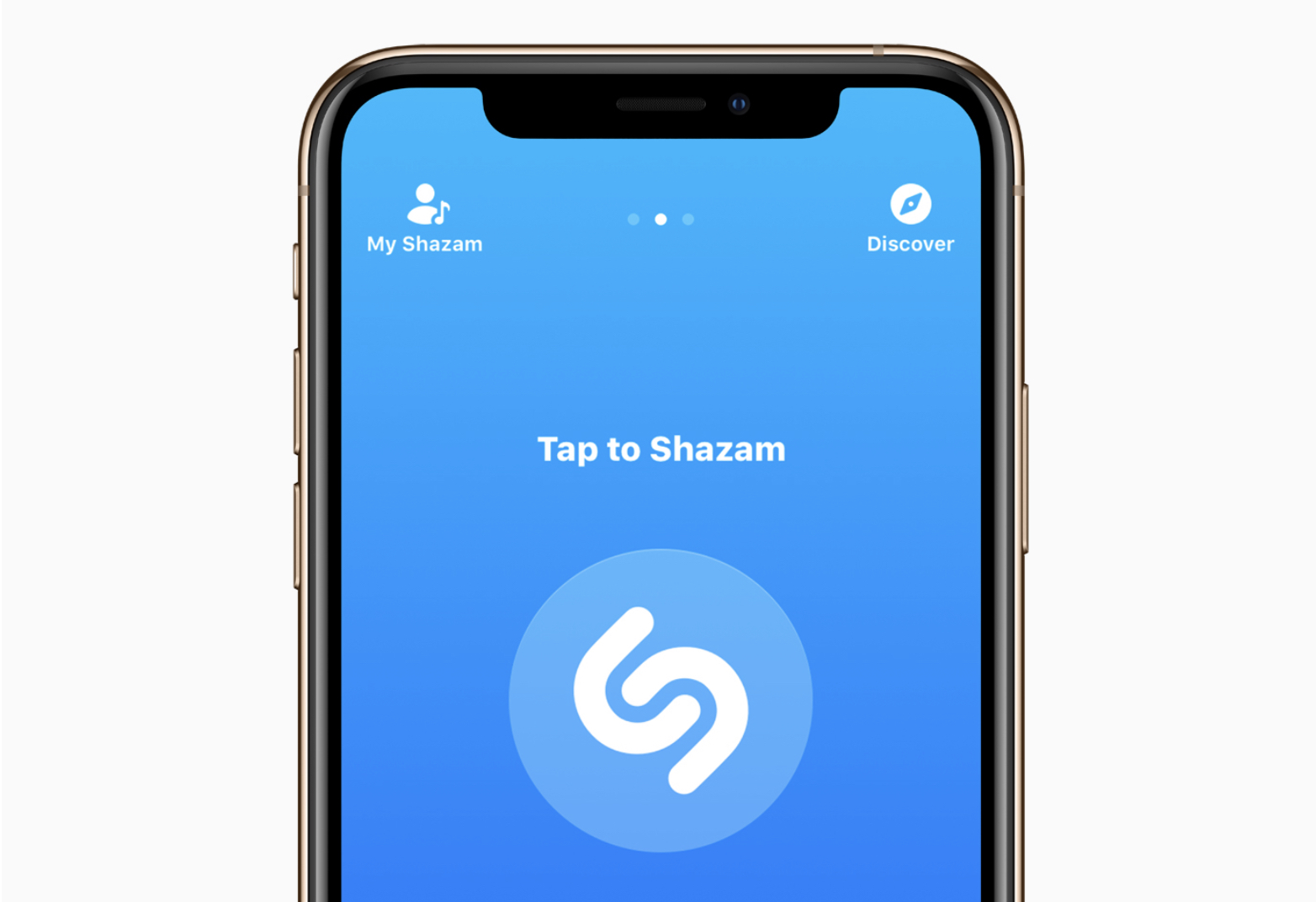


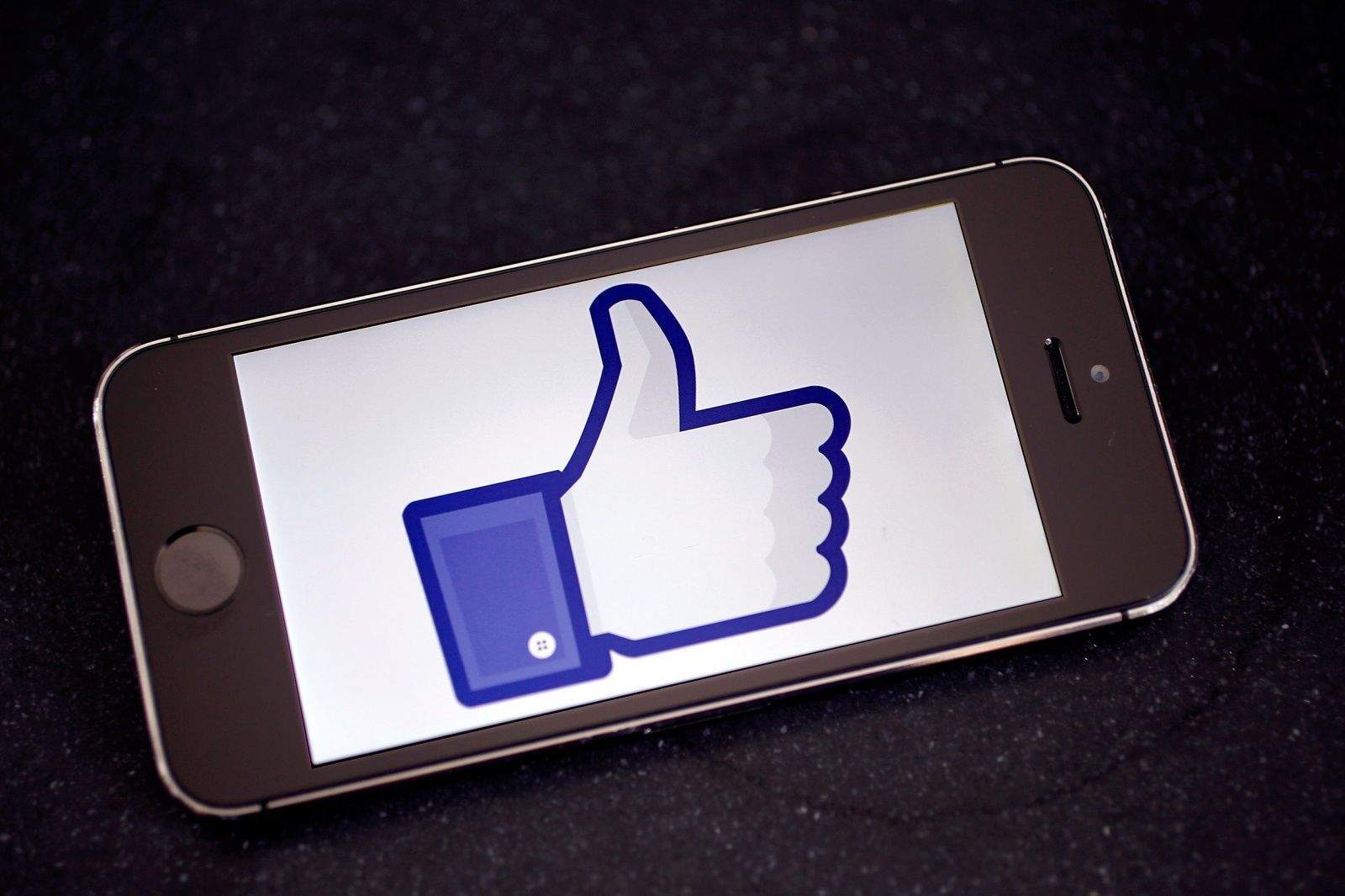
![Amazon’s Drop In basically turns Apple FaceTime bug into a feature [Opinion] facebook eavesdropping microphone](https://www.cultofmac.com/wp-content/uploads/2018/03/image-2.53ad13078ae34b36bba898d4f850239c.jpg)
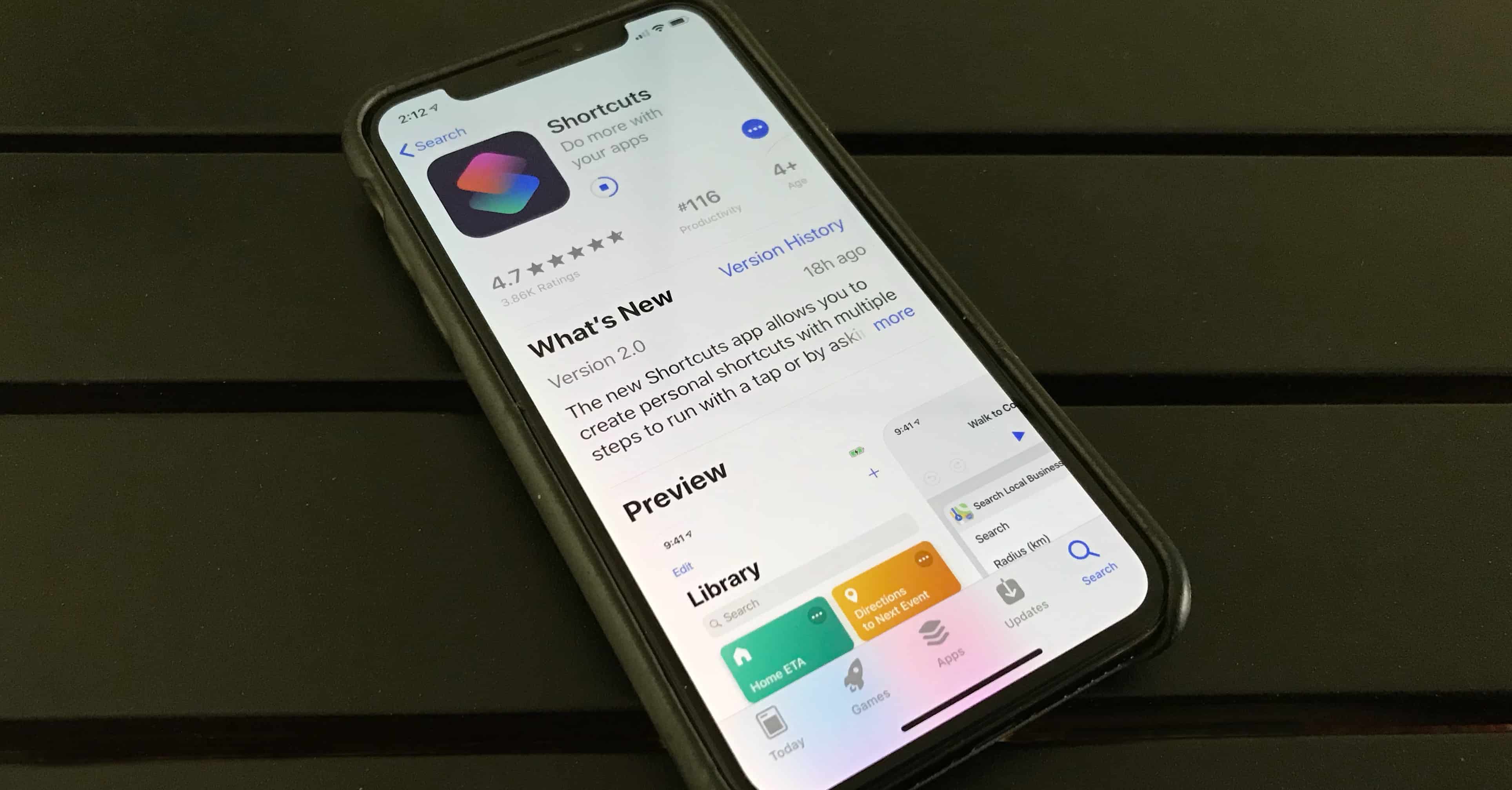

![FaceTime bug lets others see and hear you before call starts [UPDATED] Group FaceTime is super easy to use.](https://www.cultofmac.com/wp-content/uploads/2018/11/ios12-iphone-x-ipad-pro-group-facetime-hero.fd884d94c4c34e739352d8b26f123c72.jpg)
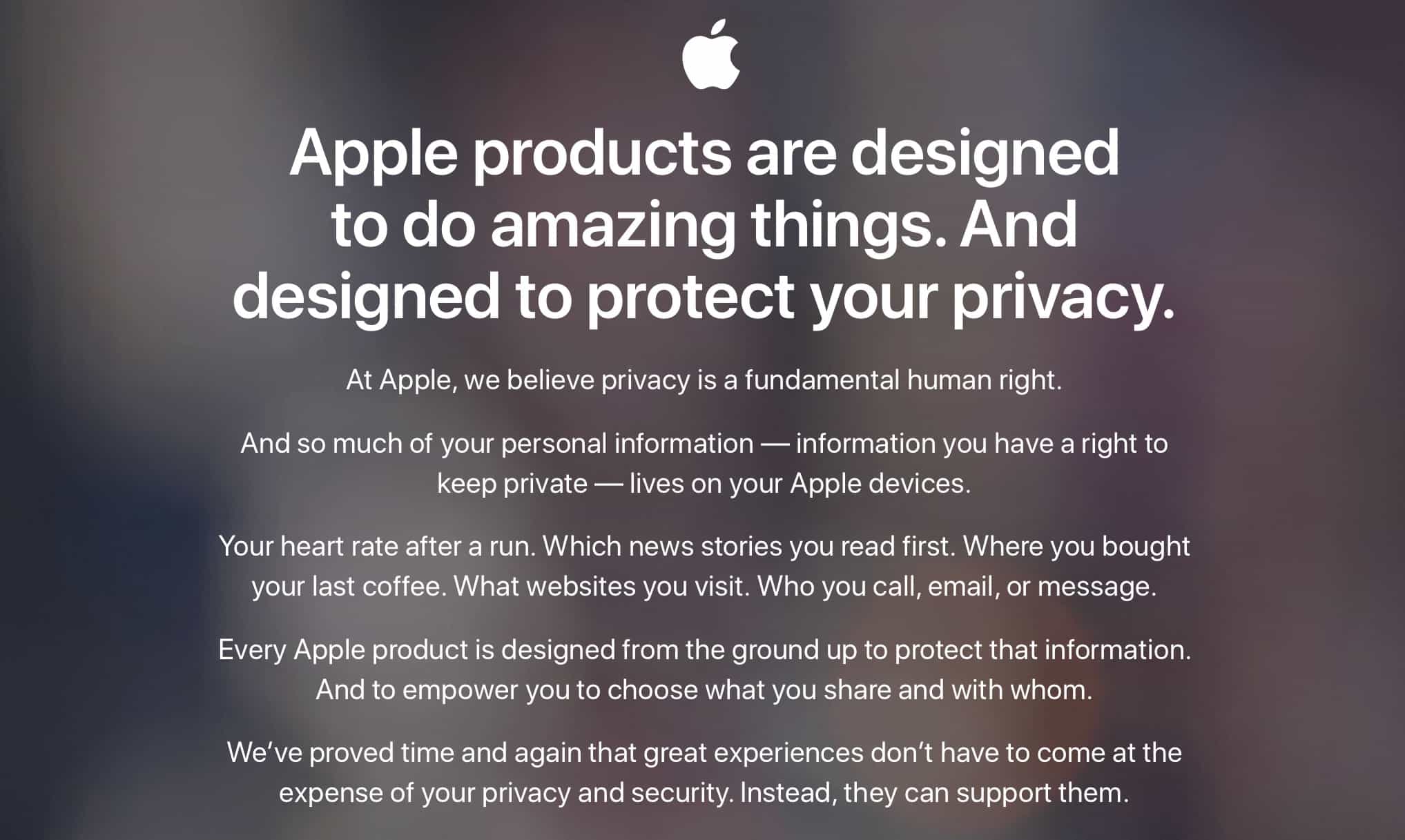




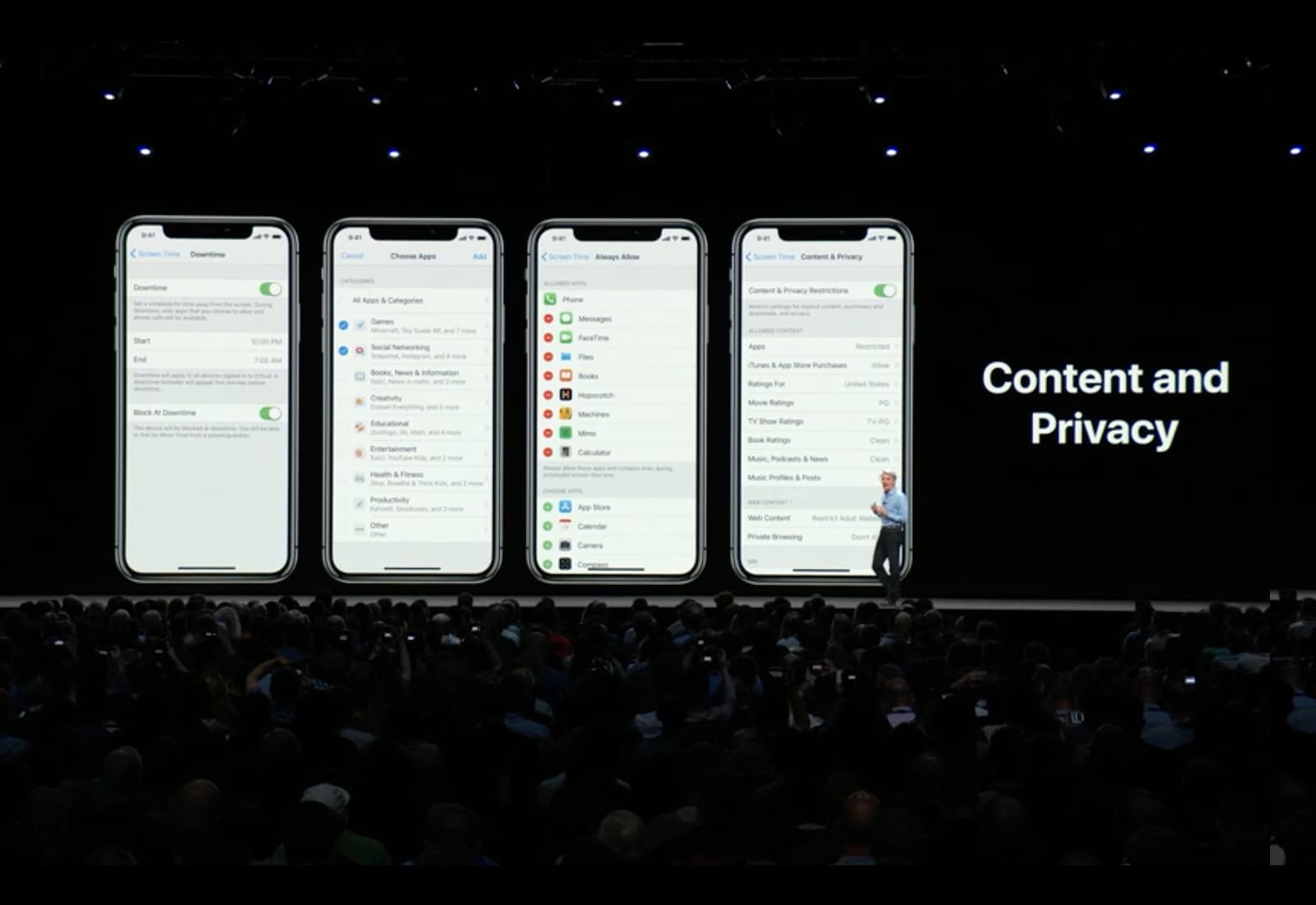

![Top 5 tech trends of 2018 [Year in Review] Top 5 tech trends of 2018 [Year in Review]](https://www.cultofmac.com/wp-content/uploads/2019/01/D090F70F-2A5C-4E45-830B-65E9EBAF266F.jpeg)


